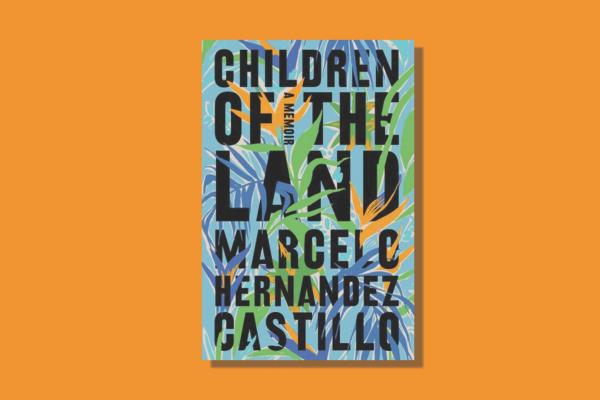Mar 19, 2020
Mexican American writers render their world — unrecognized and illegible — visible and legitimate.
Read the Full Article

Already a subscriber? Login

Mexican American writers render their world — unrecognized and illegible — visible and legitimate.
